Will the federal government be ready for natural disasters this year?
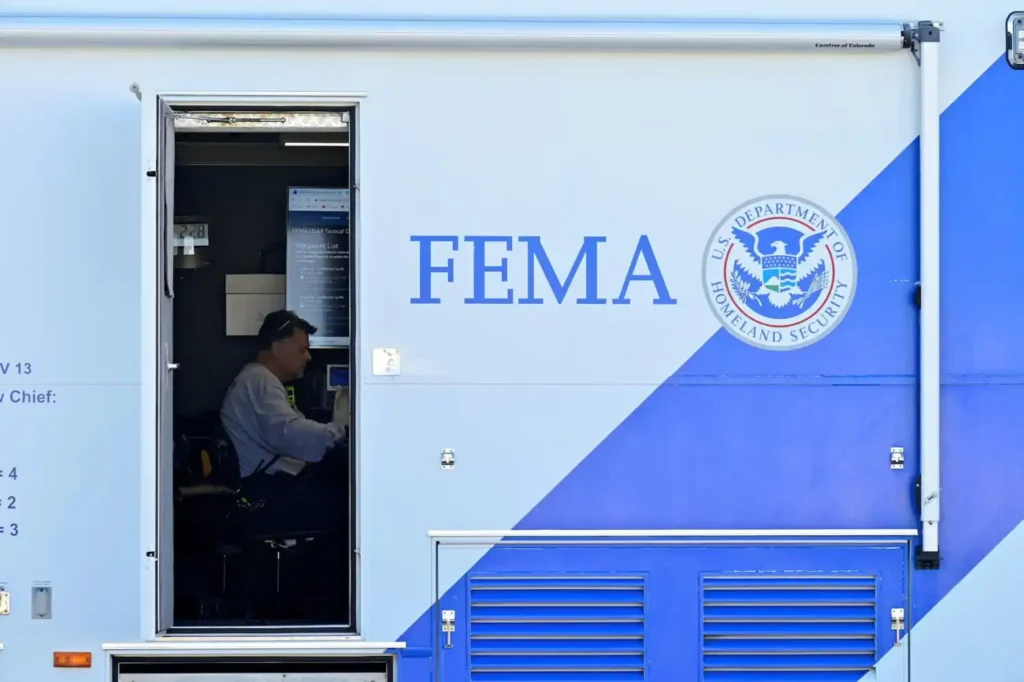
The Trump administration’s turbulent approach to government reform has hit FEMA particularly hard. With inexperienced political appointees at the helm, abrupt policy reversals, and an exodus of career professionals, the agency faces unprecedented challenges as hurricane season begins. This analysis examines how the loss of institutional knowledge and constant leadership changes could undermine America’s ability to respond effectively to natural disasters, potentially repeating the failures seen during Hurricane Katrina.
Budget Law Adopts Modified Version of Flawed Tax on Remittances
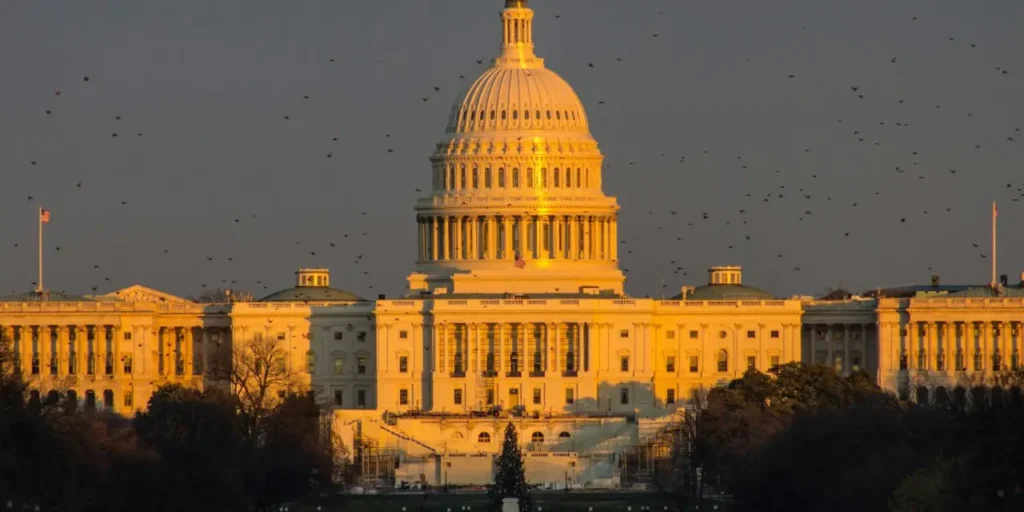
The recently passed 1% tax on cash-based remittances, while improved from earlier proposals, remains a flawed policy. Though it avoids privacy concerns by eliminating reporting requirements, critics argue it serves no clear economic purpose and may inadvertently strain migrant-sending economies. With exemptions for digital payments, the measure’s narrow scope raises questions about its effectiveness as a revenue tool.
Trump’s Discordant Innovation Agenda: Deregulation Without Discovery

The Trump administration’s push to modernize nuclear energy regulations marks a potential turning point for America’s clean energy future—but at what cost? This analysis examines the administration’s controversial plan to overhaul radiation safety standards while dramatically cutting scientific research funding. We assess whether this approach will accelerate advanced reactor deployment or inadvertently sacrifice long-term innovation leadership to global competitors like China.
Five Questions: Peter Hussey on How to Fix American Health Care

The United States is projected to spend more than $5 trillion this year on health care. Yet by most measures, the system performs worse than those in other wealthy nations. Peter Hussey, vice president and director of RAND Health Care, discusses ways to improve it.The United States is projected to spend more than $5 trillion this year on health care. Yet by most measures, the system performs worse than those in other wealthy nations. Peter Hussey, vice president and director of RAND Health Care, discusses ways to improve it.
Countering Russian Influence: Support for Armenia, Georgia, and Moldova in the ‘Waiting Room of the West’
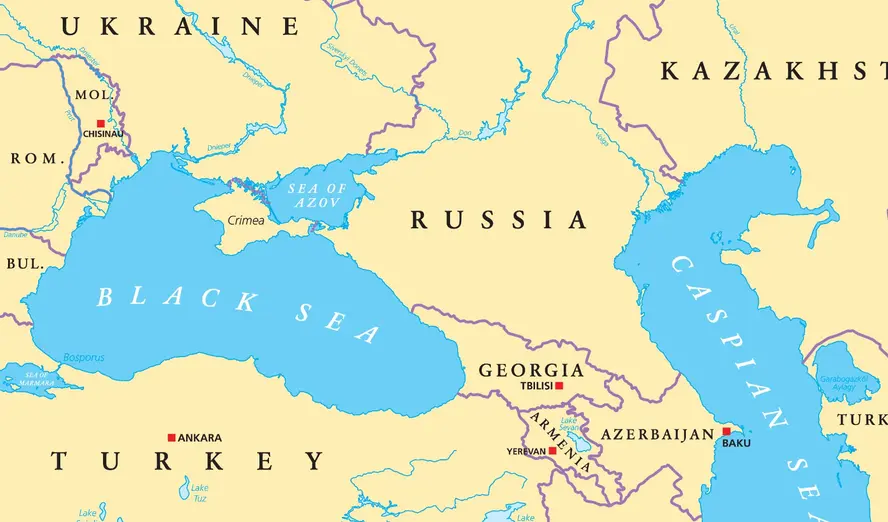
As Europe supports Ukraine, three other post-Soviet states remain dangerously exposed to Russian coercion and aggression. Russian efforts to destabilize these states are already underway, raising a significant challenge for European decisionmakers.
Undersea Cables Are Vulnerable to Sabotage—but This Takes Skill and Specialist Equipment

Countries have come to rely on a network of cables and pipes under the sea for their energy and communications. A coordinated attack on this network could have devastating consequences. But that is difficult business in a very challenging environment.
Golden Dome Could Learn from SDI Politics
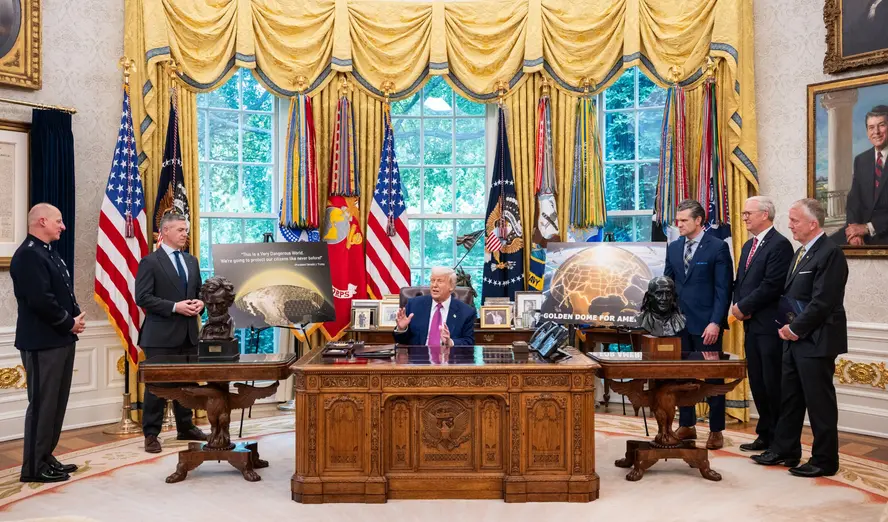
Trump’s Golden Dome missile defense initiative should learn from the strategic miscalculations of Reagan’s SDI program.
Will Trump’s Iran Strategy Work?
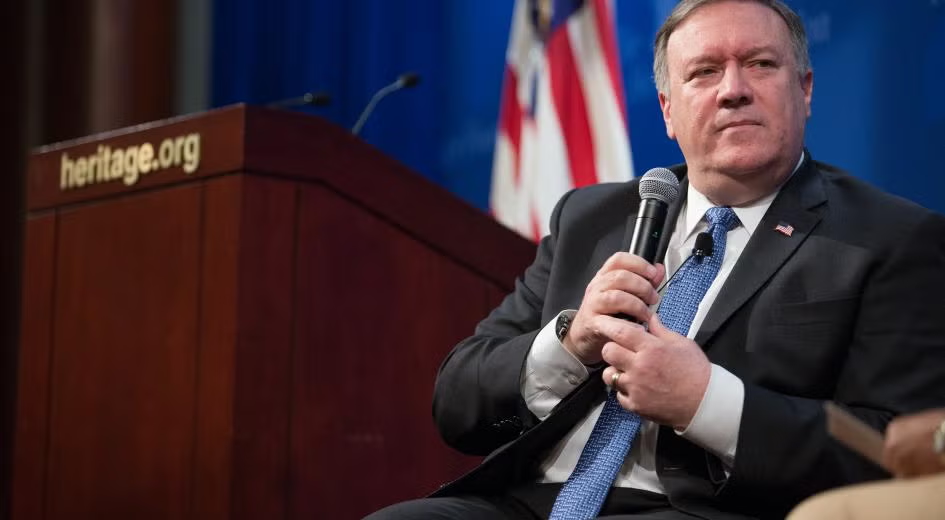
In his first major policy speech as secretary of state — delivered Monday at the Heritage Foundation — Mike Pompeo set out the Trump administration’s Iran strategy.
The Real AI Race

America Needs More Than Innovation to Compete With China
American Gun Violence Goes Global

The U.S. is exporting its gun violence epidemic globally, inspiring deadly attacks abroad and damaging its international reputation. This crisis undermines U.S. soft power and fuels geopolitical adversaries while allies grow wary.
To Meet Trump’s Goals, the Arsenal of Democracy Must Deliver on Time
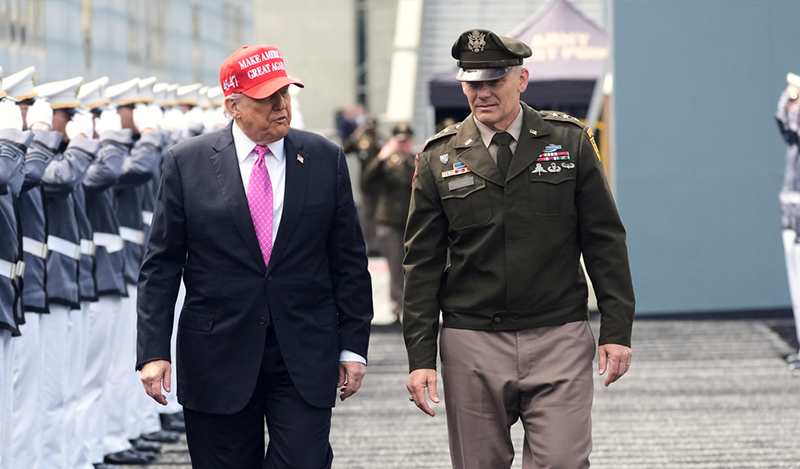
The U.S. defense industrial system’s chronic delays and cost overruns undermine trust with allies, embolden adversaries like China, and weaken burden-sharing efforts. While recent reforms target bureaucratic inefficiencies, the defense industry must also improve accountability in meeting delivery timelines and quality standards. Solutions include stricter contract penalties, fostering competition, and expanding options for allies beyond traditional Pentagon programs.
How Washington Is Ceding Its Geoeconomic Edge to China

Trump’s proposed changes to U.S. development finance—prioritizing domestic interests, unilateralism, and extractive projects over sustainability—could weaken America’s global influence. Unlike Biden’s multilateral partnerships, Trump’s transactional approach risks alienating allies and ceding clean energy leadership to China. The U.S. may lose ground in the Global South by abandoning inclusive, high-quality investments that counter China’s Belt and Road Initiative.
